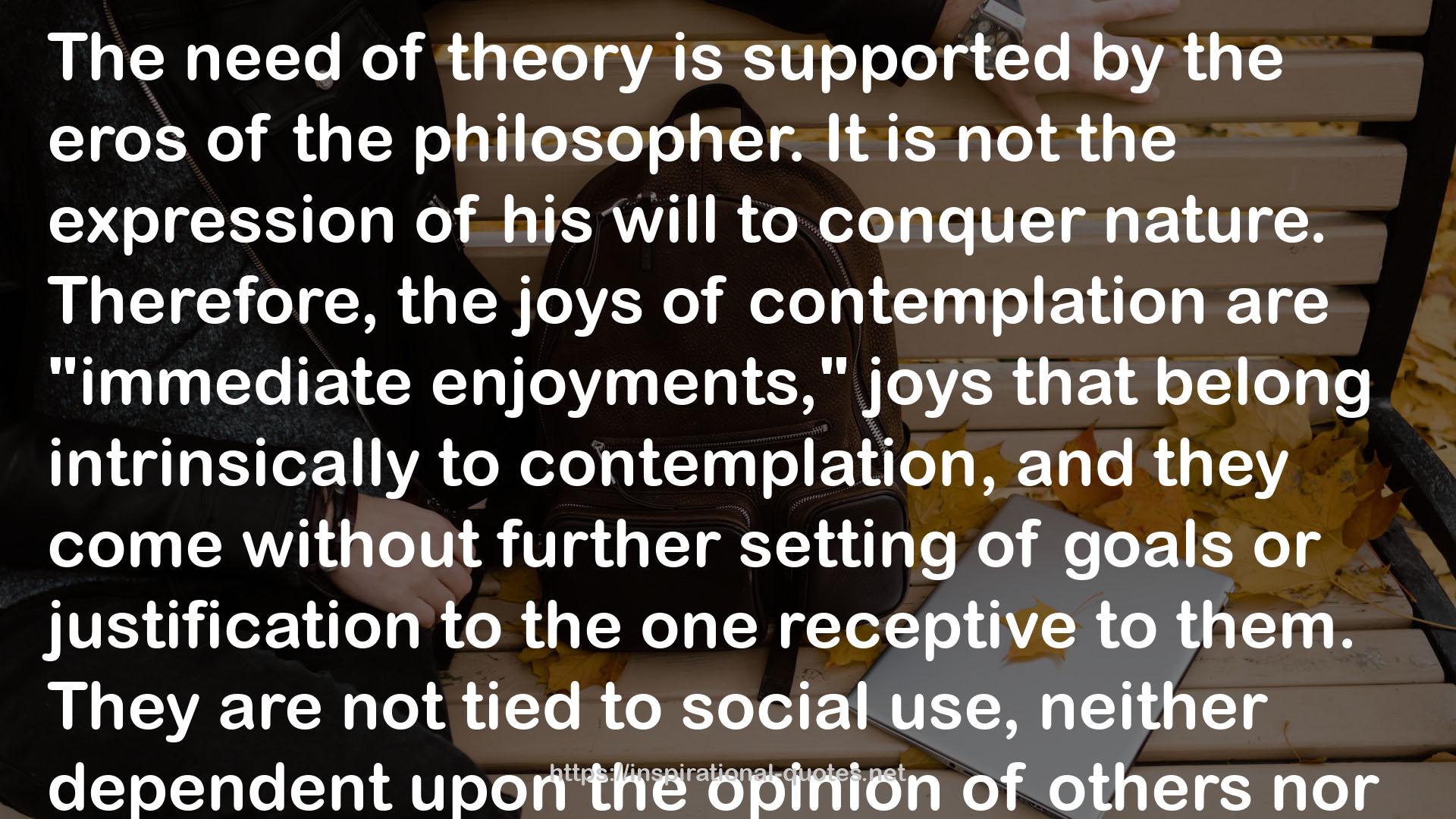On the Happiness of the Philosophic Life: Reflections on Rousseau's Rêveries in Two Books QUOTES
SOME WORKS
- Mastering the Art of Soviet Cooking: A Memoir of Food and Longing
- Every Move He Makes
- The Gallows Pole
- Endless Encores: Repeating Success Through People, Products, and Profits
- The Reluctant Surrender (Parenti Dynasty, #1)
- Zły
- The Lion Tamer
- Out of the Darkness (Dark Horse, #2)
- Dark Horse (Dark Horse, #1)
- The Gilded Ones (The Gilded Ones, #1)

